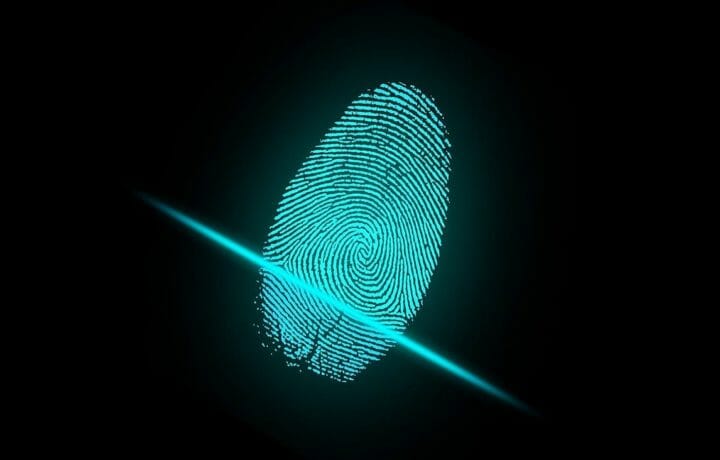Security clearance holders disclose a variety of information as a part of the security clearance background process. From financial history to criminal activity, to spouses and cohabitants and yes – someone who can verify every address where you lived – the amount of personal information can seem daunting. Some applicants also wonder what – if any – DNA information the government may gather on them – or what they may be required to submit.
Fingerprints as a part of the clearance process
Security clearance applicants should be well-aware that a security clearance application isn’t considered complete until a set of electronic fingerprints have been submitted as a part of the application. Those fingerprints are then checked through the FBI’s Criminal Justice Information Services (CJIS). The CJIS is the FBI’s home to biometrics, DNA, and other criminal information. Fingerprints help the government verify a security clearance applicant’s criminal background. This is basic biometric information, and not applicant DNA.
DNA and Security Clearances
DNA capture is not currently a part of the security clearance background investigations process. In 2014, a report in Politico alleged that government leaders were considering making DNA capture a part of the security clearance process, a claim the Office of the Director of National Intelligence (ODNI) quickly refuted. Even if not submitted to the government, the reality is that a growing segment of the population is submitting their DNA to third parties, to complete everything from genetic testing to genealogical research. DNA information willingly provided for a service to a third party is not governed by HIPAA rules, so some individuals may be surprised to realize that self-submitted DNA may end up in third party hands. That’s something the Department of Defense has cautioned for service members.
No, your DNA is not stored by the federal government as a part of the security clearance process, but yes, some biometric data (in this case, fingerprints) are currently required. Over time, as biometric options and verification processes expand, it’s certainly possible the government could consider using another option for identity or criminal activity validation – but expect any such requirements to also result in new policies and authorizations first.




